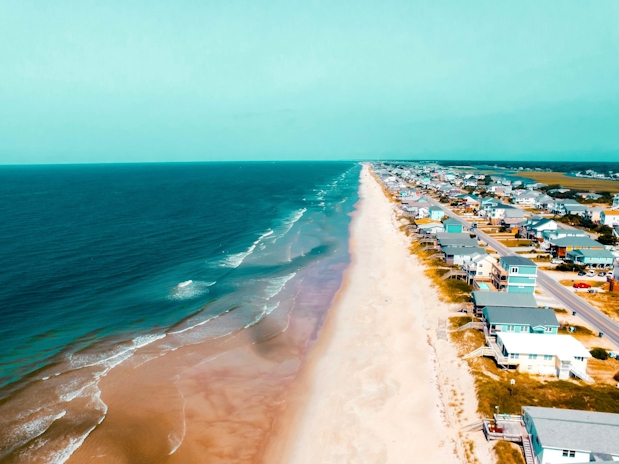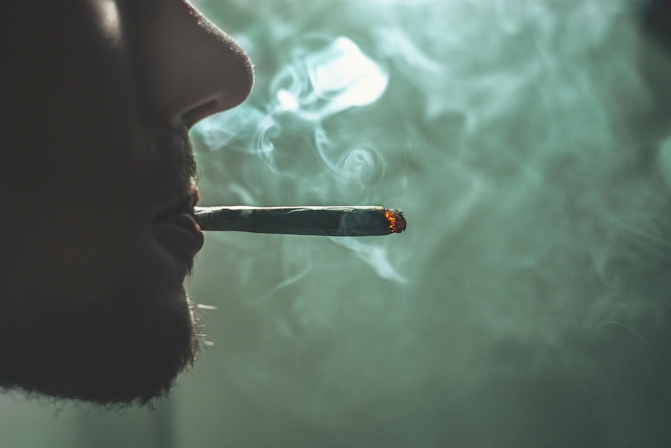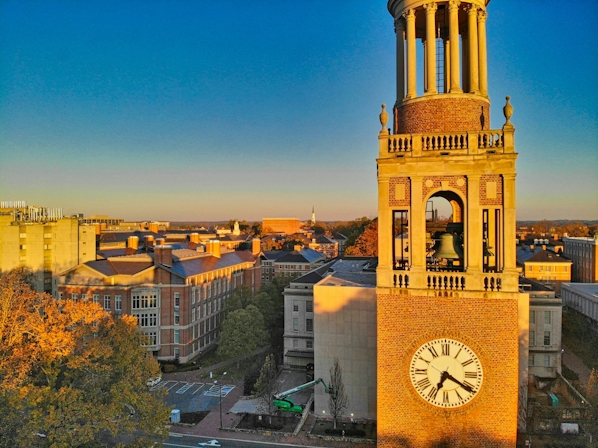
Photo by Parsa Mahmoudi
Delta 9 THC Policies And Restrictions In North Carolina
Staying informed is the best way to avoid legal trouble.
While federal law differentiates cannabis plants containing over or under 0.3% delta 9 THC by either classifying products as federally illegal marijuana or legal industrial hemp, North Carolina maintains a less nuanced perspective criminalizing all access outside tightly controlled improvements.
Overview Of Delta 9 THC Cannabinoid Compounds

Photo by Gras Grun
Delta 9 tetrahydrocannabinol constitutes the most abundant naturally occurring cannabinoid chemical compound within traditional marijuana varietals and extracts.
When consumed by humans, delta 9 THC stimulates the endocannabinoid system providing the signature psychoactive effects recreational or medical cannabis users pursue ranging from perceptual changes to pain relief.
While delta 9 THC remains the most familiar cannabinoid, over 100 additional known compounds occur in cannabis plants like non-intoxicating CBD, emerging delta 8 THC, cannabichromene, cannabinol and cannabigerol among others either demonstrating or still undergoing scientific investigation for risk-benefit human utility.
North Carolina’s Strict Stance Outlawing All Delta 9 Access
North Carolina statutes declare all tetrahydrocannabinol substances Schedule VI controlled, prohibited for use or possession without exceptions. This policy continues lagging public opinion trends toward medical use concessions demonstrated by the overwhelming support for clinical applications in national polling.
While recent Farm Bill developments legalizing hemp extracts have opened access for residents to explore CBD or Delta 8 cannabinoid alternatives, delta 9 THC consensus remains classified as a criminalized controlled substance throughout North Carolina.
Minimally, 2014 legislation permitted legal production, sale and use of CBD or THC-A oil extracts containing less than 0.9% THC by weight for state residents diagnosed with intractable epilepsy unresponsive to at least three other treatment modalities. This program’s scope falls extremely short of meeting advocacy calls to expand clinical conditions demonstrating therapeutic potential.
Reform advocates continue urging state representatives to embrace incrementalist positions allowing tightly controlled THC patient access models similar to successfully implemented frameworks passed by dozens of other more progressively oriented state legislatures across America.
Addressing Federal Vs. State Legal Conflicts

Photo by Gene Gallin
Interstate commerce complexities arise regarding cannabis policy conflicts between North Carolina’s outright delta 9 THC prohibition versus legal allowances permitting regulated sales frameworks covering usage protections in reform-minded states.
Federal law and North Carolina statutes prohibit transporting legally purchased traditional Delta 9 products across state lines. Yet proactive local municipalities like Asheville in Western NC have petitioned to recommend state-level allowances permitting at
minimum regulated medical access to full potency THC products mirroring programs demonstrated improving quality of life outcomes elsewhere.
While most Southern states share traditionally conservative postures against cannabis law reform initiatives, evolving social justice perspectives increasingly acknowledge inconsistencies over criminalization statistics negatively targeting minority communities disproportionately through selective enforcement practices. Government leaders face growing calls to modernize outdated Delta 9 THC restrictions from constituents finding benefits in consuming legally under different jurisdictional guidance.
As consumer access to traditional delta 9 THC products rapidly changes across America, North Carolina’s uncompromising stance maintains glaring outlier status warranting earnest challenges.
Herb Recommended Products:
READ MORE










